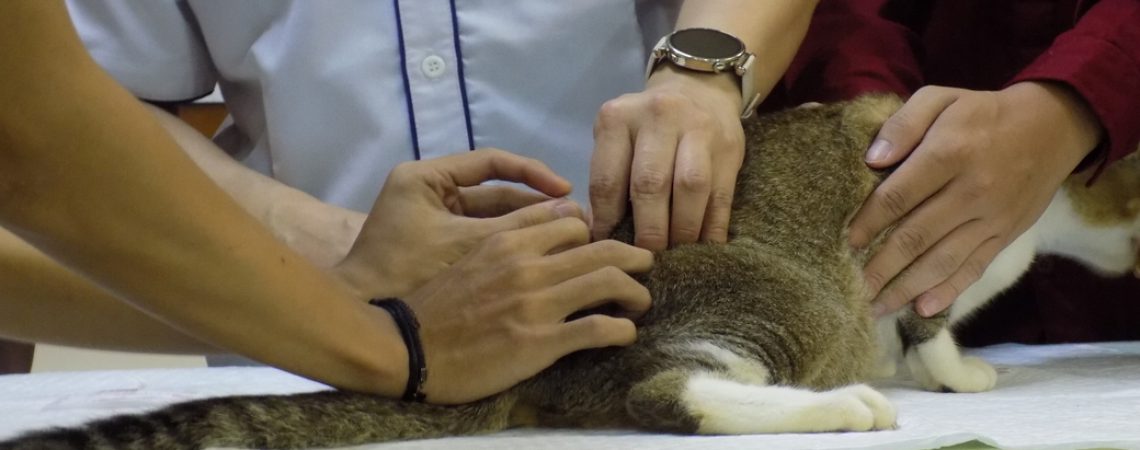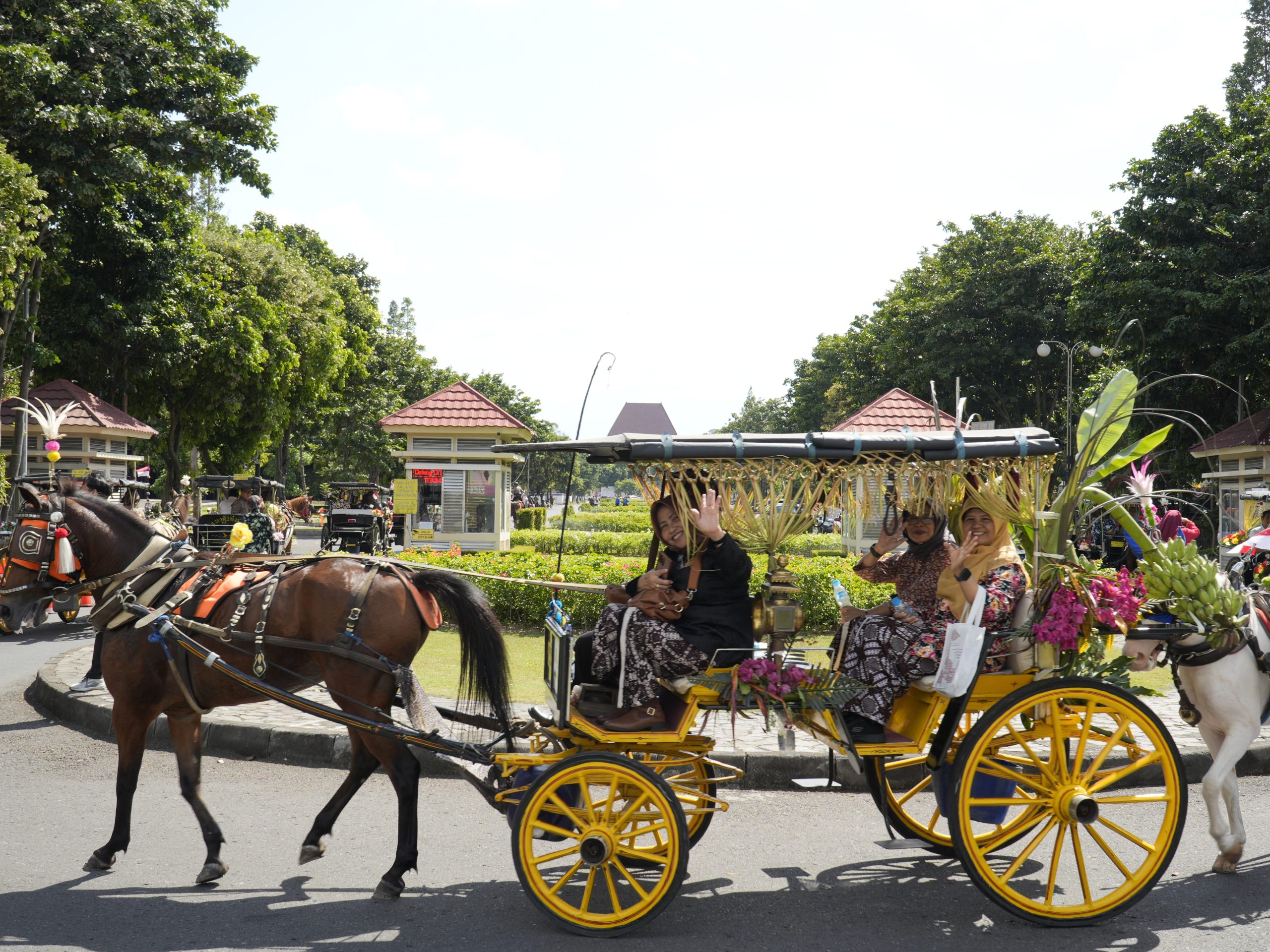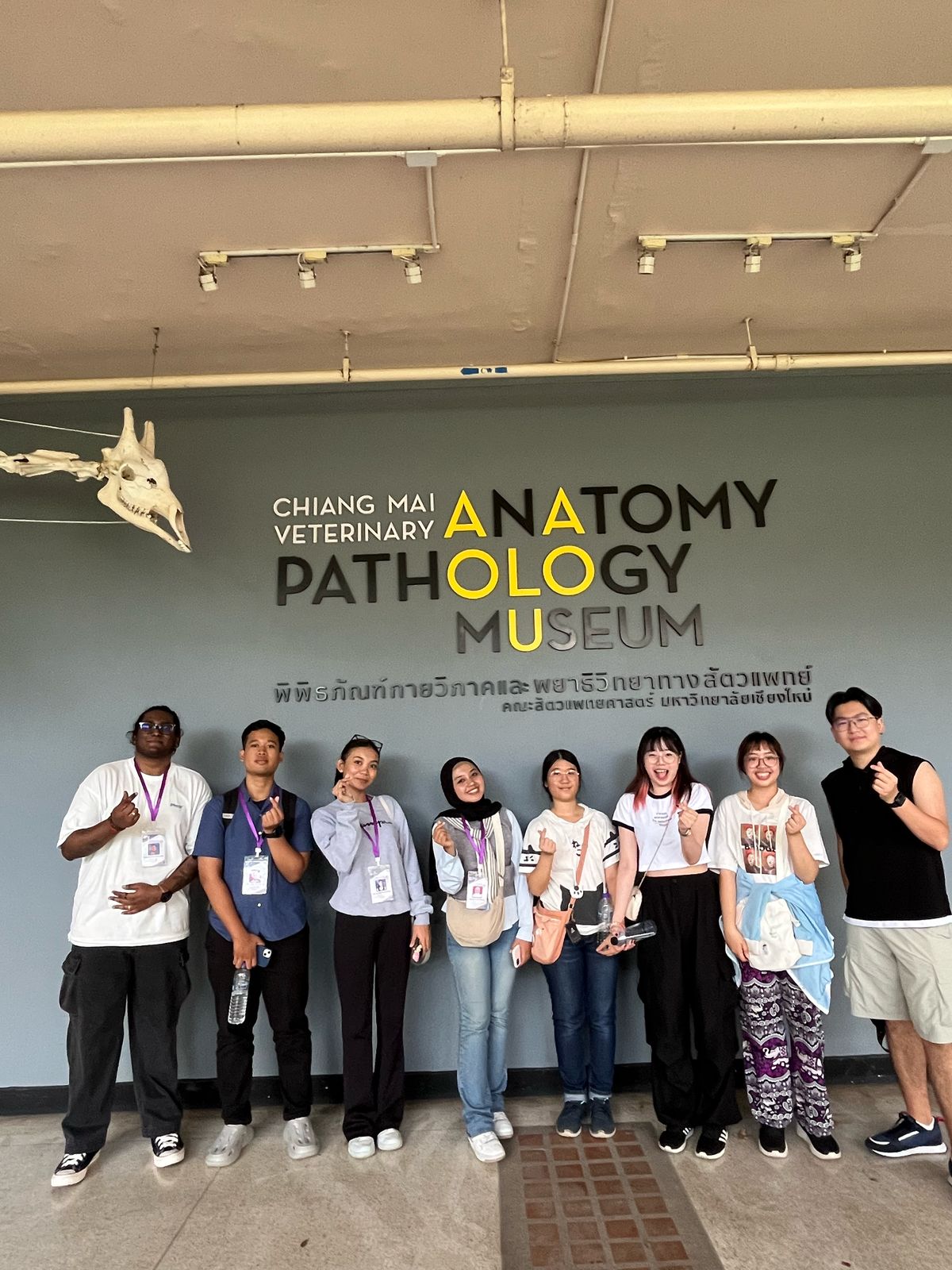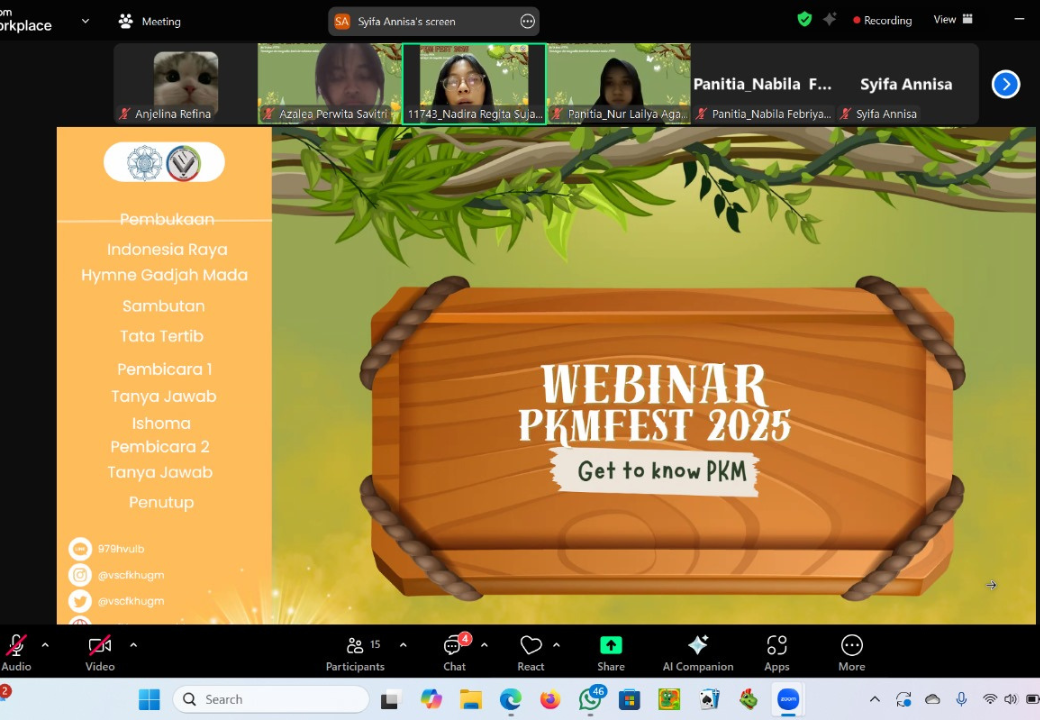Kelompok Diskusi Klinik (KODIK) is an initiative organized by the Kelompok Studi Hewan Kesayangan (KSHK) of the Faculty of Veterinary Medicine, Universitas Gadjah Mada. This activity aims to enhance students’ skills in handling various clinical cases, continuously discuss fundamental clinical knowledge, and improve client education abilities to raise public awareness on the importance of maintaining the health of companion animals. The establishment of this clinical discussion initiative was driven by the limited learning media available for students to explore clinical knowledge in the companion animal field, the need to equip students with necessary skills to manage clinical cases before entering professional practice, and the necessity of a platform to increase students’ experience in clinical aspects such as client education.
KODIK 1 was held offline on Saturday, May 24, 2025, at Room 301, Faculty of Veterinary Medicine. The event carried the theme “Akupawnture: Healing Animals Through the Points of Life” and featured drh. Lily Gunawan, CVA, CVTP, M.Sc., is the speaker. She is a veterinary practitioner specializing in Traditional Chinese Veterinary Medicine (TCVM).
The event began with a presentation by drh. Lily Gunawan, CVA, CVTP, M.Sc., delivered an in-depth explanation of acupuncture, including its definition, stimulation mechanisms and effects, contraindications, and commonly used acupuncture points in clinical practice. This session served as a vital foundation for participants to gain a comprehensive understanding of acupuncture. It was followed by an interactive Q&A session, where participants were actively engaged by asking critical and practical questions. To encourage participation, the committee awarded a prize to the best questioner as a form of appreciation.
During the hands-on session, participants were divided into groups and guided by experienced trainers. In this session, they practiced basic acupuncture techniques using animal models as simulation tools. Although the practice used models, the session was designed to closely simulate real clinical conditions closely, ensuring a practical and applicable learning experience. Trainers provided intensive supervision to ensure the correct implementation of techniques. Following the hands-on session, participants took part in a quiz to assess their understanding of the material, with special prizes awarded to those who achieved the highest scores. The event concluded with the presentation of a token of appreciation to drh. Lily Gunawan, CVA, CVTP, M.Sc., was the head organizer, followed by a group photo session with all participants and committee members.
The entire series of activities in KODIK 1 was designed not only to enhance students’ technical skills in clinical practice but also to develop essential soft skills such as communication, teamwork, and client education, competencies that are crucial for future veterinary professionals.
KODIK 1 supports several points of the Sustainable Development Goals (SDGs). These include SDGs 3: Good Health and Well-being, by enhancing students’ knowledge and skills in clinical examination and treatment of companion animals, which directly contributes to improving the quality of animal healthcare and welfare. In addition, this activity supports SDG 4: Quality Education by providing direct learning experiences through both material presentation and hands-on clinical practice sessions, promoting an applied learning process. KODIK 1 also aligns with SDGs 10: Reduced Inequalities, by offering equal opportunities for all students to learn about acupuncture regardless of their backgrounds, thus supporting equitable e 3: Good Health and Well-being, by enhancing students’ knowledge and skills in clinical examination and treatment of companion animals, which directly contributes to improving the quality of animal healthcare and welfare. In addition, this activity supports SDG 4: Quality Education in the field of veterinary medicine and aligns with SDG 12: Responsible Consumption and Production, as demonstrated using safe and sustainable alternative treatments that help reduce dependence on chemical-based medications.
Author: Nisrina Nabila Putri Snelius
Contact Person Chairman of the Committee: Tharina Firanty Rafiani (081396901541)
Photo Credit: Kelompok Diskusi Klinik 1 2025 Documentation Team





